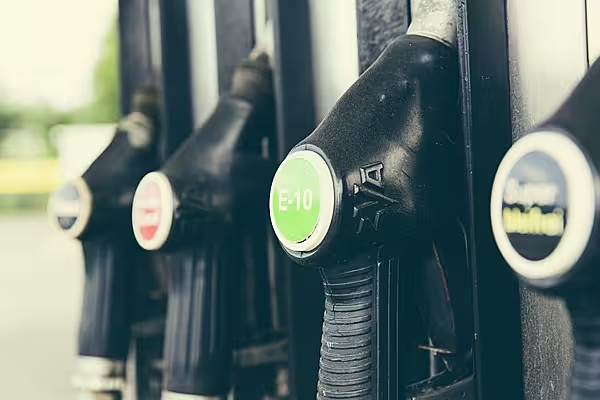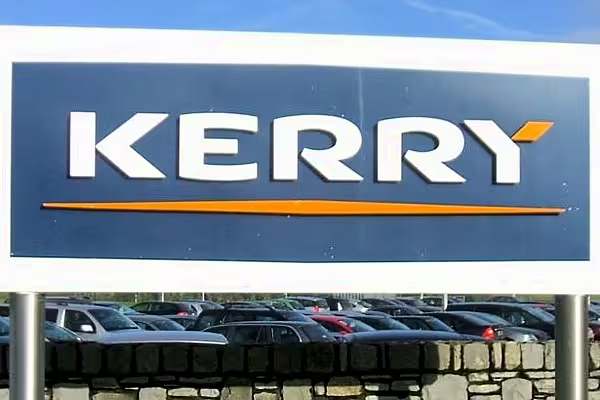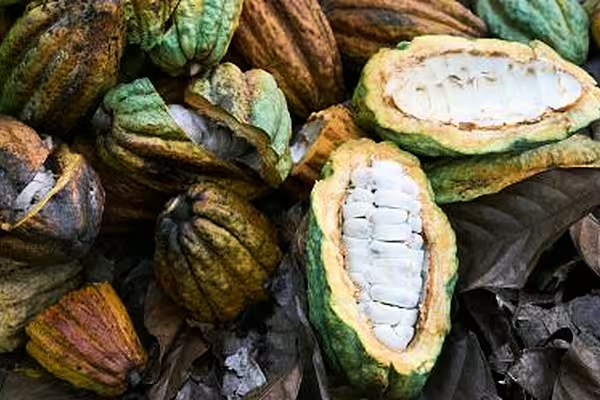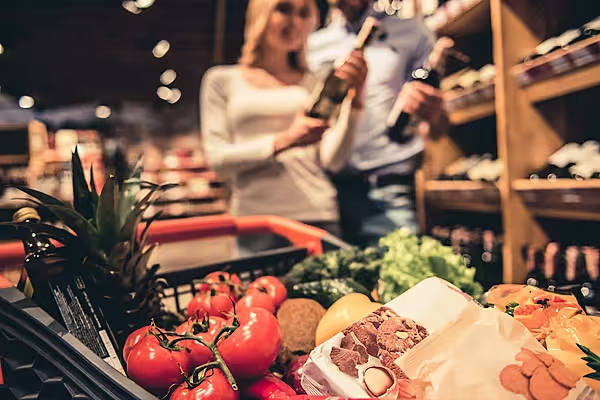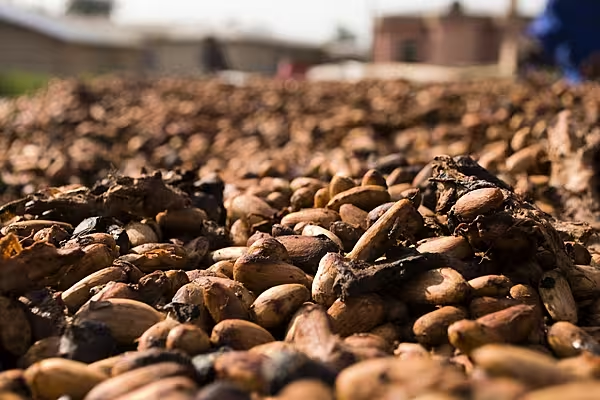Irish petrol and diesel costs have stayed largely the same despite soaring costs of crude oil.
A litre of petrol has dropped 0.1c to 138.2c per litre on average across Ireland in January, compared to December 2017. Meanwhile, diesel will come at a price of 127.3c, up 0.2c, according to the latest monthly fuel prices survey by AA Ireland.
A barrel of crude oil currently costs just under $70, an increase of almost $6 since mid-December. Brent Crude Oil prices peaked earlier this month, at over $70 a barrel before dropping slightly in recent days.
The increasing crude oil prices are a worrying sign and may mean rising pump prices, according to the AA.
“While it’s certainly welcome that prices haven’t increased significant in the past month, it has to be noted that both petrol and diesel ended 2017 at their highest level since August 2015, placing further strain on commuters across the country,” said Conor Faughnan, AA director of consumer affairs. “At best we can celebrate that the situation didn’t get any worse, but unfortunately for motorists it hasn’t gotten any better either.”
Price Factors
“We know that oil prices are one of the key factors in dictating what motorists pay at the pump, along with European wholesale prices and the Dollar-to-Euro exchange rate,” Faughnan continued. "Thankfully the strength of the Euro against the Dollar has helped ease some of the effect rising crude oil prices have on the cost of petrol and diesel, but we can’t count on this forever.”
According to the AA, an average motorists who drives 12,000 miles per year (19,200 km) at a fuel consumption rate of 30 miles per gallon (9.42 litres per 100 km) will use 150 litres of fuel per month. At current prices that motorist will pay this €207.30 per month for petrol of which €129.91 is tax. Meanwhile, a motorist driving a diesel powered vehicle will spend €190.95 per month on fuel, of which €110.54 is tax.
“In the longer-term we will have to look closer to home for a solution to rising commuter costs and particularly at the excessive taxes we place on both fuels,” Faughnan said. “While motoring’s future is going to be electric, until we get to that point we have to ensure people can afford to commute to work, particularly in more rural areas where public transport options may not exist.”
© 2018 - Checkout Magazine by Kevin Duggan
